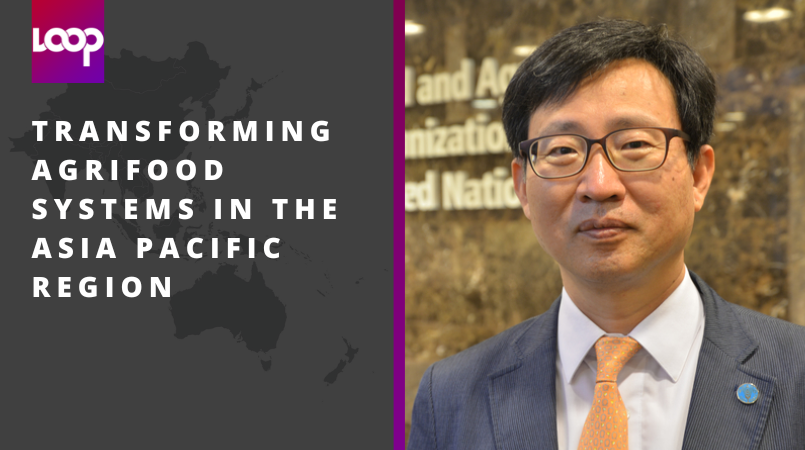
Civil society organizations (CSO) from Asia and the Pacific participated in a major multilateral conference aimed at charting a course for the region’s food security and agrifood systems transformation recently.
Organized by the FAO Regional Office for Asia and the Pacific, the #APRC37 convened, in-person, in Colombo, Sri Lanka, the Host Country from 19-22 February 2024, with high-level representation of government ministers and leaders from across the vast region.
The purpose was to review proposals and decide upon a course of action to transform the region’s agrifood systems, making them more fit-for-purpose and to ensure food security for billions of the region’s inhabitants.
Assistant Director-General and FAO Regional Representative for Asia and the Pacific, Jong-Jin Kim in his opening remarks at the conference pointed out the importance of the conference in achieving the UN Sustainable Development Goals.
“As you are aware, FAO’s strategic framework is anchored to agrifood systems transformation. The achievement of SDGs 1 (no poverty); SDG2 (ending hunger) and SDG10 (no inequalities) is fundamental to achieving all the other SDGs.”
“We are currently going through a period of convergent crises. The long term and deep socio-economic impacts of the pandemic on food security and livelihoods have become obvious,” Kim added.
Kim says the crises are being accentuated by conflicts, the effects of climate change, environmental pollution, multiple hazards and risks including trans-boundary pests and diseases and loss of biodiversity which are particularly affecting agricultural production.
Kim presented some facts, stating, “The latest Asia and the Pacific Regional Overview of Food Security and Nutrition, published in December 2023, shows that nearly 371 million people are undernourished in this region and this represents half of the world’s undernourished population. Nearly 24 percent of the population suffer from moderate or severe food insecurity with women tending to be more food insecure than men.”
Thus the FAO is supporting its members to accelerate agrifood systems transformation through efforts such as:
- Identifying triggers of foresight, shaping, fine-tuning, and implementing food systems transformation pathways through the process fostered by the UN Food Systems Summit 2021, the Stock Taking Moment in 2023 and meeting the commitments of Nutrition4Growth Summit 2021
- Mobilizing investments and financing, internal and external, to end hunger (SDG2) in the present and for the future.
- Building Resilience in the plant, livestock, fisheries, and forestry sectors; promoting nature-based solutions; emphasizing science, innovation and digitalization and disseminating climate and energy-smart agricultural practices.
The Director-General of FAO is deeply committed to FAO’s Reform and a fit-for-purpose FAO Regional and Country Offices as part of the Organization’s systemic transformation.
“We are speeding-up and scaling-up tangible and accountable results on the ground through the implementation of the Strategic Framework and prioritizing country and regional needs.
“We are assisting countries to promote tailored investment plans for poverty reduction including social protection; fighting food loss and waste and conserving water; and building adaptive capacities and collectively responding to specific needs of the Small Island Developing States, Landlocked Developing Countries, and Least Developed Countries.”
